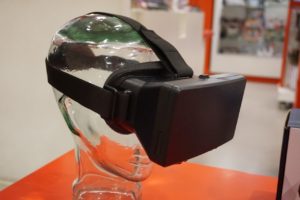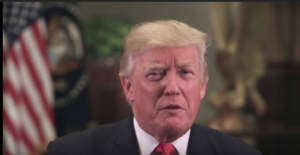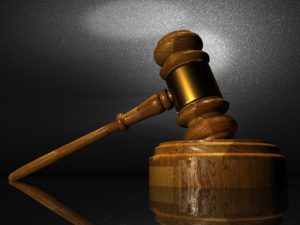
Virtual reality could soon revolutionize the courtroom.
At CourtScribes, we’re revolutionizing court reporting and courtroom video through technology. But there’s another technology on the horizon that could profoundly affect the legal system—Virtual Reality.
Most of us think of Virtual Reality in the context of games or other entertainment. But the technology has made inroads in medicine, architecture, and, yes, law.
Bloomberg Law reports that as Virtual Reality’s costs come down, tech-savvy lawyers are examining what it can do to help their presentations and cases:
Though it can still run into six figures, the cost of virtual reality has come down and tech-savvy attorneys say the time is right for a fresh look at the technology’s use during trials, especially in areas like product liability or criminal law where evidence is vital to recreating events or presenting science.
“There are incredible possibilities for using this technology in the courtroom,” defense attorney Noel Edlin told Bloomberg Law.
Virtual reality could be used to “transport members of a jury to a Superfund site, inside a mesothelioma patient’s lungs, to the intersection where an accident occurred, or to a grisly crime scene,” said Edlin, managing partner at Bassi Edlin Huie & Blum in San Francisco.
“I believe that in 10 years, most trial lawyers will be using VR just like they’re using laptops today. VR will be the norm, not the exception,” plaintiffs’ attorney Mitch Jackson, a senior partner at Jackson & Wilson in Laguna Hills, Calif., told Bloomberg Law.
In another article, though, Bloomberg Law reports that there are still hurdles to clear before we see virtual reality headsets in everyday courtrooms. Among those:
Topping the list, three-dimensional graphical presentations with interactivity seem so real to jurors that they may prove unduly persuasive in a legal process built around discerning truth. And people can react very differently to the technology.
Some jurors may lose attention while others may even get motion sick.
Those obstacles may be surmounted by excluding jurors prone to illness and physical stress; and experts can serve as courtroom “tour guides” to keep jurors from losing focus.
Still, virtual reality is definitely a technology to be on the lookout for.




